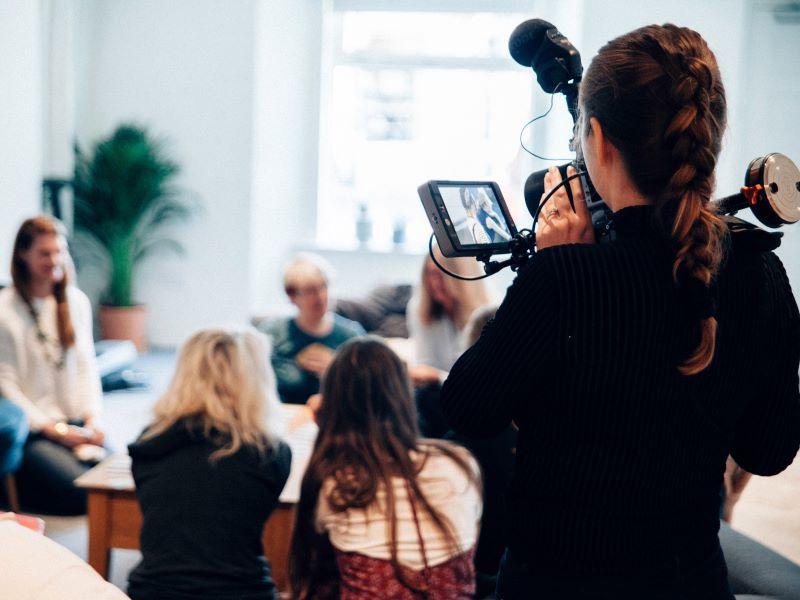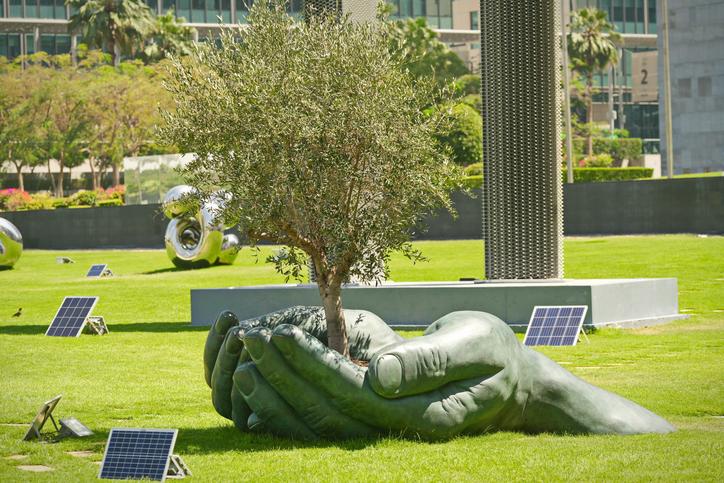Given the importance of social cohesion and community to mental well-being, performance, satisfaction and quality of life, universities need to work on developing cultures with a positive social environment at the centre. This can be achieved in many ways, with both top-down and grass-roots initiatives playing their part. Institutions should consider the following:
Get in early
Enhance the sense of institutional community by providing high-quality communal events, helping to bring people together initially and integrate new and existing employees. Hold annual events that celebrate developments, promote interdisciplinary work in research and teaching and ensure that HR support exists when required. Clear and timely communication allows new staff to devote their energy to other areas, during a time when they’re out of their comfort zone and first impressions are being set.
- Webinar: Student support and wellness strategies for a new term
- Student support takes a village – but you need to create one first
- Promoting community and inclusiveness to diverse and dispersed students
Manage sensitively
Fostering a supportive management culture is highly influential in establishing a sense of belonging. Hold 360-degree evaluations in which staff review their managers in a similar way to that in which students review their teachers and courses for feedback.
Higher education providers could also promote a sense of community through school, departmental and centre-level professional development days, and by hosting semester and annual events recognising achievements and successes.
Connect people
Clubs, associations, events and activities are integral to creating a sense of community. Bringing staff and students together outside the classroom, lab or lecture hall through these initiatives could also help to better promote a shared sense of institutional identity. But make sure these are optional and based around a common interest, such as campus runs, recycling or freecycling initiatives or sports.
Activities that engage and include the families of staff and students can also be beneficial because they lead to more committed people working together.
Value one another
Many university key performance indicators (KPIs) and performance development reviews target business-style goal-setting and achievement. However, getting the best out of people is often achieved through more interest-oriented and selfless acts. Universities should promote community cohesion through various initiatives that reward acts of kindness or goodwill. Members of the community could nominate people they feel make a positive difference to the lives of others.
Reach out to your local community
Universities can also bring local communities together, as noted by the British Council’s article “How can universities create stronger communities?” Develop partnerships with local schools and invite them to visit. Allowing the pupils to see a project such as undergraduate shelter construction in architecture, for example, will bring together subjects such as art, design, maths and engineering.
Host events for local schools that focus on topics such as sports, language or study skills. Staff and students can also volunteer to help teach final-year secondary students.
Jane Robinson of Newcastle University’s Campus resource “How universities can ensure they have a positive impact on local communities” discusses how the local community can be further supported through civic engagement initiatives.
The importance of social cohesion and strong communities cannot be underestimated and universities can do a lot to cultivate it. On an individual level, the most direct way of enhancing personal and social community is simply to be kind. Small acts can have a large, often unexpected impact – for example, spending time with a struggling colleague and supporting them can make a big difference. It’s a way to make the world a slightly better place because, when we help others, we also encourage them to do the same. This advances the development of cohesive communities in which we can all hopefully thrive.
Gareth Morris is a senior tutor in English for academic purposes and Fiseha Berhanu Tesema is an assistant professor in computer science at the University of Nottingham Ningbo.
If you would like advice and insight from academics and university staff delivered direct to your inbox each week, sign up for the Campus newsletter.




comment